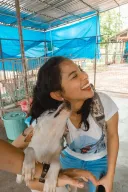Spread the good word!
An Open Letter to Manila — Love, Manila Girl
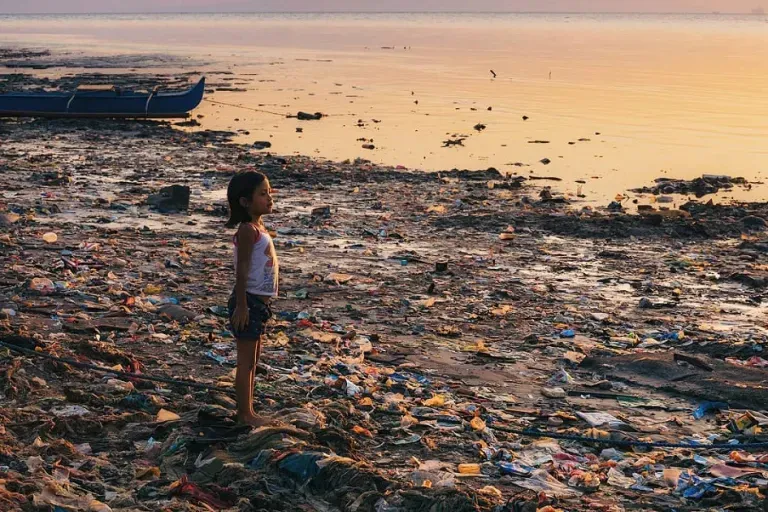
Manila Bay, April 2019 | Image credit: Jilson Tiu
Dear Manila,
Do you remember who you were?
I can’t recall the first time I was told that you were named after a flowering plant found near the coast. They say the nilad plant (scientific name, Sciphiphora hydrophyllacea) is a mangrove shrub that bears white, star-shaped flowers. It thrives in brackish water — pools of unique ecosystems where saltwater and freshwater meet and mingle. The nilad’s leaves, glossy and green, carry the distinct sheen of aquatic flora, even though it is more closely related to the santan than any other plant.
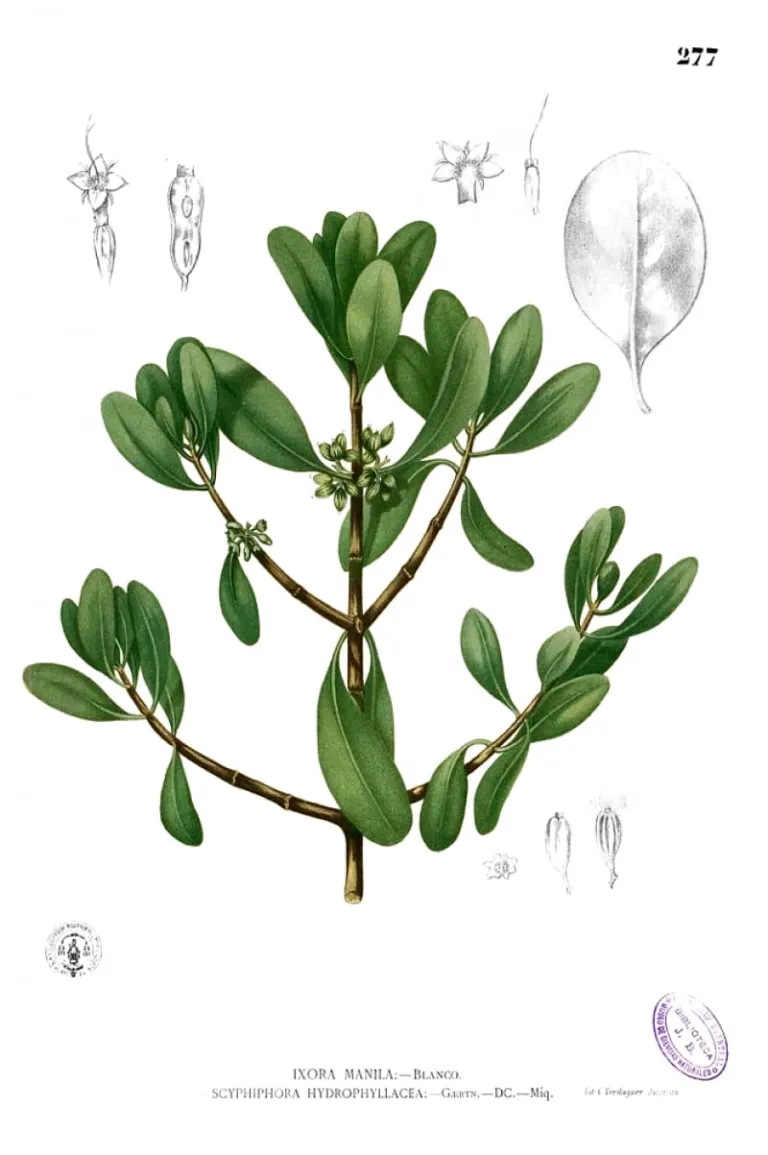
May nilad o wala?
I grew up still seeing pockets of santan in the city. My childhood memories often lead me to a terrace and a rooftop in Malate, where caretakers looked after plots of santan. Lazy afternoons were spent taking apart these tiny, red flowers with my then-toddler fingers and sipping on the sweet nectar, no matter how scant. The same memories show me a caimito tree, whose fruits bring me back to slow-paced, saccharine summers spent in the city. All these, I’ve seen and held in my palms, but never the nilad. I thought the point of calling you Manila was because there is nilad (may nilad), but where are these white, star-shaped blooms? Where are the clear, brackish waters they call home? Wala na o nawawala lang? Extinct or in hiding — waiting for Manileños and Manileñas to figure out that it is their fault both are gone?

Do you ask the same questions, Manila? But why wait for us to give answers when all we have to do is look around?
The nilad, which once covered the riverbanks and esteros of the city, is no more because the very same waters are no more. Gone is the coast; in its place are grimy streets, boulevards, and reclaimed land on which mammoth blocks of concrete stand. Absent are the mangroves; in its place are mounds of trash that reek and wash up on every surface polluted waters touch. Missing are the nilad plants that may have graced the banks of the Pasig River, which connects Manila Bay to Laguna de Bay. In its place are multitudes of single-use plastic waste that move along with the water’s every ripple — perhaps as the nilad did a long time ago.
I was raised to love you, Manila
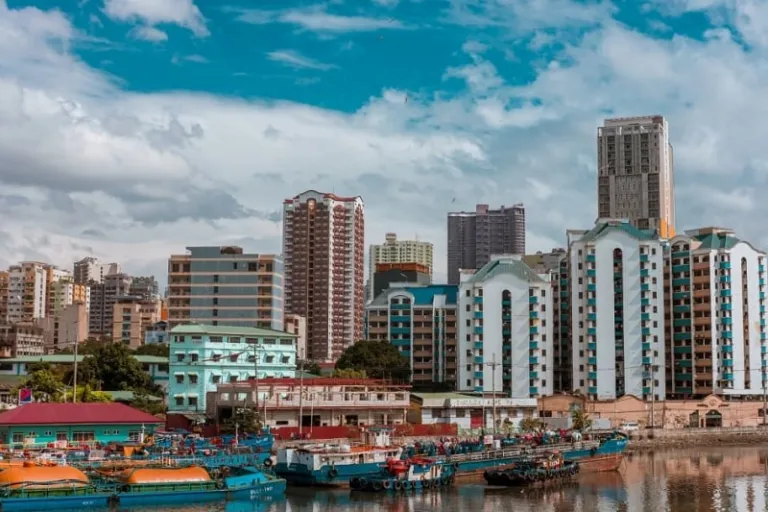
The ardent hope of once again seeing the nilad where it belongs has somehow etched you permanently in my mind, Manila. But this fine, stout love for you that I carry with me wherever I go is something I thank my parents for. Of course, as I reached adulthood, I had other influences: modern-day visionaries like Jilson Tiu, whose photographs unabashedly capture your pulse. Esteemed scholars like Regalado Trota Jose, who fervently dedicates his life’s work to las islas Filipinas. Heritage advocates and activists like Carlos Celdran, may you rest in power.
But living in what they say is the bohemian heart of you, Manila, was a choice made for me by my parents. Home to me is “in between Taft and Roxas Boulevard — kayang-kaya mag-egg roll papuntang Manila Bay.” While most of my classmates resided in gated villages, I knew the streets of Malate and Ermita like the back of my hand.
The Manila of my childhood
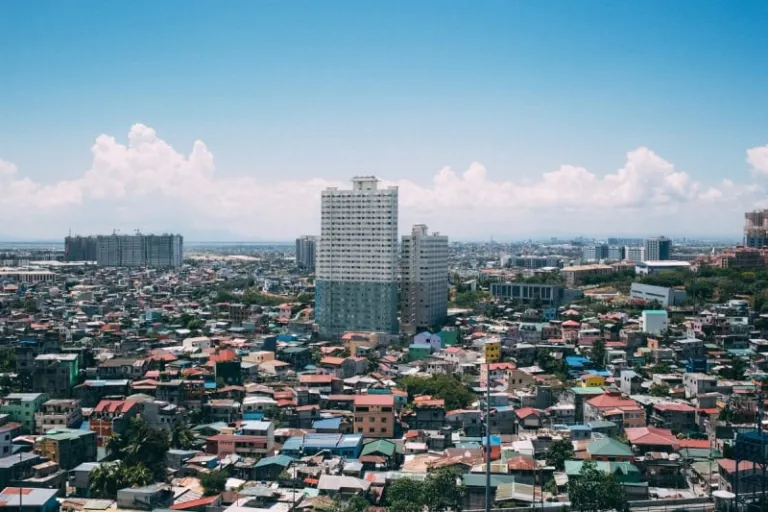
I kicked my first soccer ball and learned to ride a bike on the grassy grounds surrounding the Folk Arts Theater (now the Tanghalang Francisco Balagtas) and the Cultural Center of the Philippines (CCP). My pedia, a beautiful bright-eyed woman we call Doc Becky, recommended that my siblings and I spend as much time breathing in seaside air for our asthma — I’ve lost count of the many breathtaking Manila Bay sunsets I’ve witnessed because of this au naturel therapy. Quick runs to the mall often meant two things: Harrison Plaza (which is soon to close after 43 years of service) or Robinson’s Place Ermita (now Robinsons’ Midtown).
Also read: Nightlife in Manila: 10 Speakeasies You Have to Check Out
My parents signed me up for extracurricular activities, too, but always in your eclectic embrace, Manila. Painting lessons at Museo Pambata, figure drawing and still life workshops at Metropolitan Museum of Manila (with no less than Fernando Sena, famed painter and art advocate, as my teacher), modern ballet with Ballet Philippines at CCP… and the list goes on.
Growing up a Manila girl
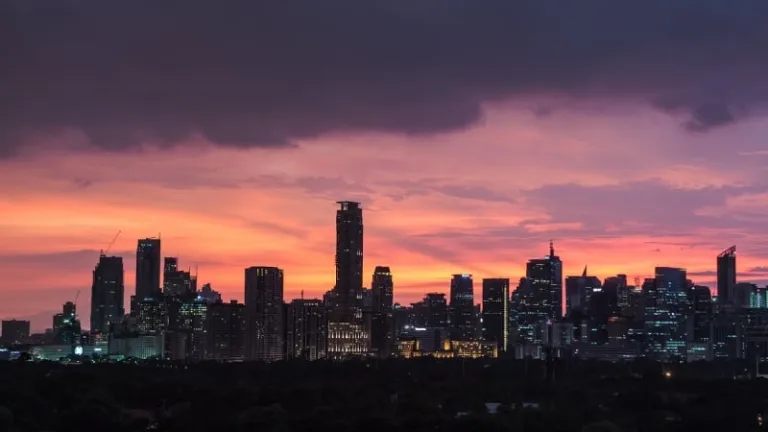
Then approached my coming of age. I first got embarrassingly drunk at the iconic (and at times scandalous) Penguin Cafe, watering hole to many of the city’s culturati. It closed in 2009 after the building was procured by someone who wanted to put up a Korean BBQ resto. I stayed up many late nights practising to be an adult with my parents and their friends over coffee, cake, and liquor at the original Café Adriatico along storied Adriatico Street, within the rotunda of the historic Remedios Circle. Often, I played a pre-teen in the company of great artists, scholars, poets, writers, journalists who were all drawn to Manila’s mystique and unconventional allure. (Again, thanks to my folks, who exposed me to any crowd that would tolerate my very obvious teenage-ness.)
As a college kid and postgraduate heritage student, I spent a lot of time in Sampaloc and Intramuros. I attended university at UST and interned with Manila Bulletin in my third year of studying journalism. A loving, long-term relationship has unravelled the intimidating alleyways of Binondo, Quiapo, and Tondo for me through the years. I’d still get lost in these areas, but I now walk their streets amid heat and heavy rain showers with a newfound spirit for city adventure.
Also read: 10 Heritage Tours in Manila that Should Be Under Your Travel Radar
For a semester steeped in cultural heritage, I studied the significance of the walled city, of Paco, Santa Ana, San Sebastian, Quiapo, San Miguel, the long-lost kingdoms of Rajah Sulayman and Rajah Lakandula, among others. You’re quite the mysterious and multifaceted marvel, Manila. To this day, I believe you’ve kept many secrets from us, but that’s another story.
Pointing fingers

It can’t be denied. You were a huge chunk of my developmental years, dear Manila. And in turn, you are very much a part and parcel of me. Even when a lot of people have given up on you, I never will. I know their disdain comes in many forms.
“Ayoko na. Dapat iba na lang capital ng Pilipinas — masyado nang magulo sa Maynila.”
“Ang Carmageddon sa Manila, parang cup noodles: Just add water.”
“It’s so scary in Manila. I feel like I can get mugged anytime.”
“Ang dumi talaga ng Manila. KADIRI!!!”
“I give up, Manila. You’re a trainwreck.”
But those are just words. Let them talk. What these people fail to see is that their actions (or rather, inaction) also make you what you are, Manila. Who they are is, in part, what you become. And so if the people’s collective cry screams, “Abandon Manila for there is no hope here!”, then you will certainly show signs of age, of neglect, of wear and tear. I’ve never been one to underestimate what a little TLC can do — how far it can bring us. And so I vow, Manila, to start with myself — to hold you and value you, and wear you on my sleeve. Just as Carlos Celdran did; in sickness and in health.
Reality check
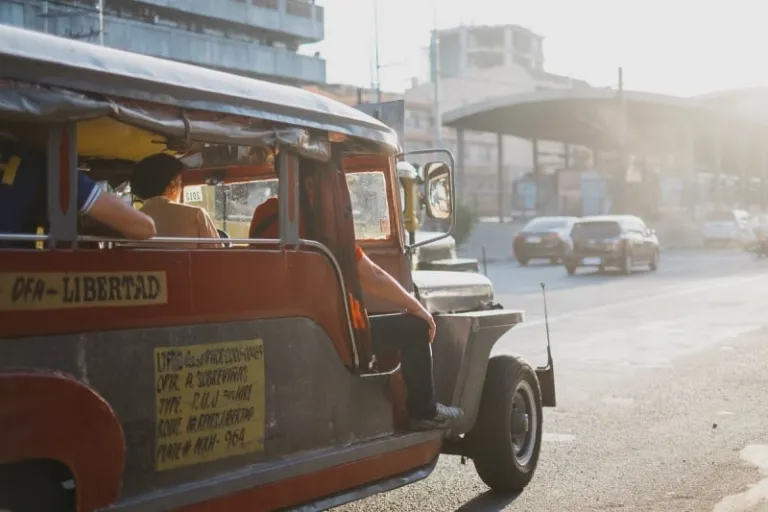
But let’s be clear, Manila: Loving you isn’t easy. And to love is not to like every waking minute of every single day. But I will always choose you, Manila. For my parents, who’ve taught me what true paninindigan is. For my forebears, who envisioned you to be a symbol and centre of great change for Filipinos all over. For my children and my children’s children — I want them to have a Manila they can experience with wonder, not just read about in books. I will always choose you, Manila… for who you were, for what you are now, and for the things you’ve yet to become.
We move forward, Manila. In the hopes of finding stewards and like-minded individuals who will seek out your rehabilitation and carry it out steadfastly… with integrity, with transparency and fairness. It will be painstaking and arduous, but it will be worth it, Manila.
I’m not asking you to turn back time and rid yourself of the advancements that make you a bustling hub for national growth, Manila. I’m just asking you to be yourself — just a true-blue Manila girl waiting to see her first nilad along your waters someday.
Published at
About Author
Alyosha Robillos
Subscribe our Newsletter
Get our weekly tips and travel news!
Recommended Articles
10 Commandments for Responsible Travel Flexing 10 Fairytale Castles In Europe Filipinos Need To See! Permission to feel like royalty even for a day?!
10 Family Outing Ideas in Metro Manila Under ₱500 Looking for a weekend bonding with the family under ₱500? Head to these places, pronto!
10 Fun Things to Do in Manila Alone Live your best life in Manila, even when you’re riding solo.
10 Spa & Massage Places in Manila to Destress Sometimes we need a little TLC.
Latest Articles
Switzerland and Monaco Set Sights on Filipino Travellers with New Initiatives Euro summer all year long!
Thailand Implements Facial Recognition at Six Airports Future of travel!
Heavy NLEX Traffic Expected for Undas: INC Event & Typhoon Updates NLEX traffic surge for Undas.
Tired of Tourist Traps? Here Are 2025’s Must-Visit Hidden Destinations Far from the touristy areas.
Typhoon Leon Intensifies: What Northern Luzon Residents Need to Know Get ready for a rainy Undas.

